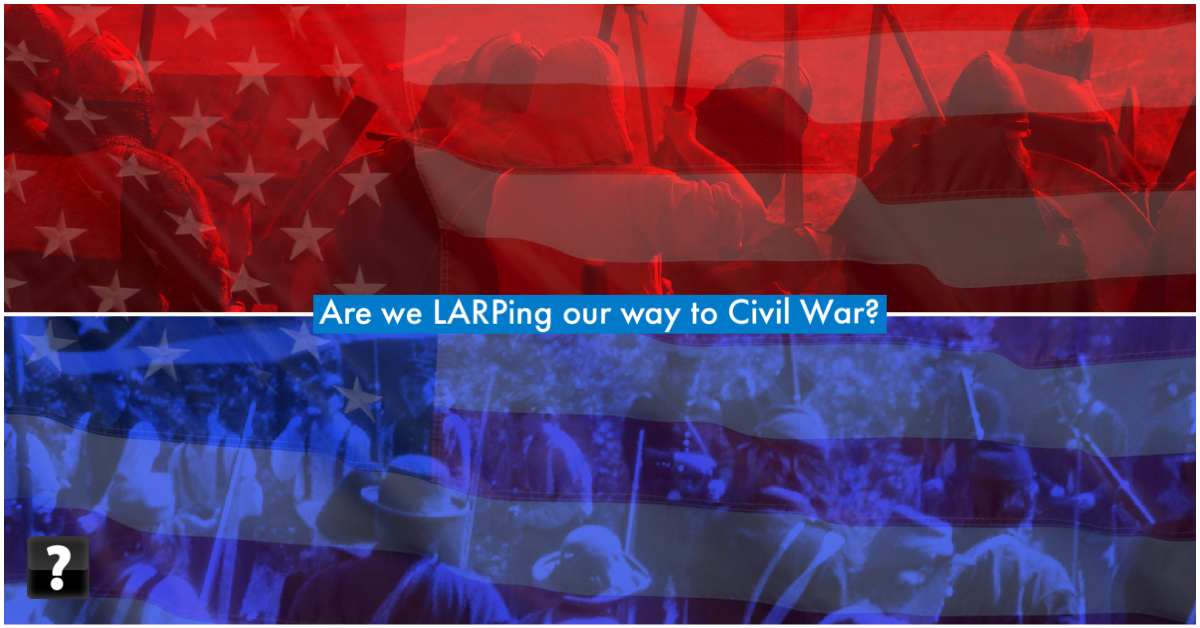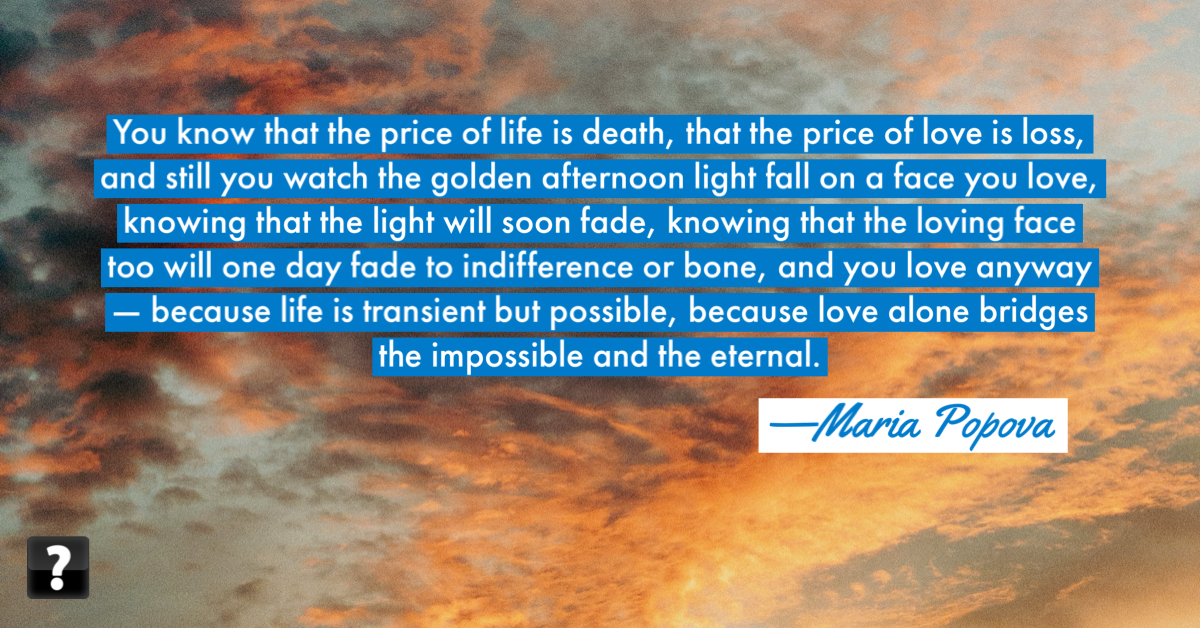Southeast Asia is in the middle of a heat wave. Singapore is not really that much hotter, it’s still hovering around 30-32° every day. But in the mornings, when I go out before six AM with my daughter to catch the bus, I get hit with a blast of hot, sticky air the moment I open the door. It does not cool down overnight, the humidity is so high it’s like the old saying, you could cut it with a knife. Right now my watch says it’s 29º but feels like 35º due to the 82% relative humidity and it’s not even 11AM yet.
I know that “feels like 35º” maybe doesn’t sound that hot, I mean I grew up in Virginia and in the “dog days of summer” it was always nasty. Usually around 40º and at least 70% relative humidity. So it was hotter and more humid, but at least you could look forward to winter. But it’s just hot, crazy hot feeling.
According to WBGT.sg [wbgt.sg], the closest weather station to me is reporting a wet bulb globe temperature of 36, which is… bad. It’s complicated but a WBGT of 36 is in the black zone, which means something like “don’t work outside”. If a place is consistently in this category it becomes hard for humans to live. Humans can live in much hotter places but the humidity has to be lower on average, I mean, how else could anyone live in the desert? To keep living in a place with a WBGT of 36 air conditioning is a must, and of course every minute you run the aircon you are contributing to further baking the planet.
Anyway, the whole point of this is it’s hot, fucking hot.
And it’s only going to get hotter. We have fucked the planet. We have fucked it so hard that a lot of places are at risk of becoming unlivable in my lifetime, or that of my kids. All our grand plans to “limit” global temperature rise to 1º or 1.5º are all for naught. We can’t get our collective shit together because of greed and shortcitedness.
Science has been talking about the greenhouse effect and the potential for human activity to raise global temperatures since at least 1902 (read the history of climate change science [wikipedia.org] on Wikipedia.) Here are two newspaper articles about how human’s burning coal was going to warm the world that are more than one hundred years old:


The only thing they got wrong was the timescale. We fucked it up much faster than “a few centuries”.
We’ve been debating if humans were the cause of climate change or global warming my whole life. And capitalism has trumped science every time. Despite the fact that the other day I saw an article that renewable energy now accounts for more then 30% of electricity supply [theguardian.com], (I don’t think that includes trains, planes and automobiles…) it’s too little to late. Then, a few days later the Scripps Institute of Oceanography published the latest Keeling Curve [ucsd.edu], showing how predictable it has become that shit gets worse every year:

This is the record of Atmospheric CO2 since 1958 then they started recording it at the Mauna Loa Observatory. There is a clear trend. And if you want to play the “it’s natural” bull shit game, take a look at some of the other diagrams. The 800 thousand year chart:

So there does seem to be some sort of cycle, but we kinda blew it out of the fucking water in the past 50 years. So yea, we fucked. And while we should celebratge the good, people should also know it’s too little to late.
We need to stop calling it “Climate Change” and start calling it “Climate Changed”, we geo-engineered our bed and now we have to sleep in it, without the aircon. And we can no longer pleed ignorance, not that that was ever an excuse, we know, we have known and we need to start figuring out how to live with it. Actually, I don’t even thing “Climate Changed” is the best, personally I prefer the older term, “Global Warming”, so from now on I’m going to call it “Global Warmed”. The pre-heating cycle is over, we can put the food in the fucking oven now.





